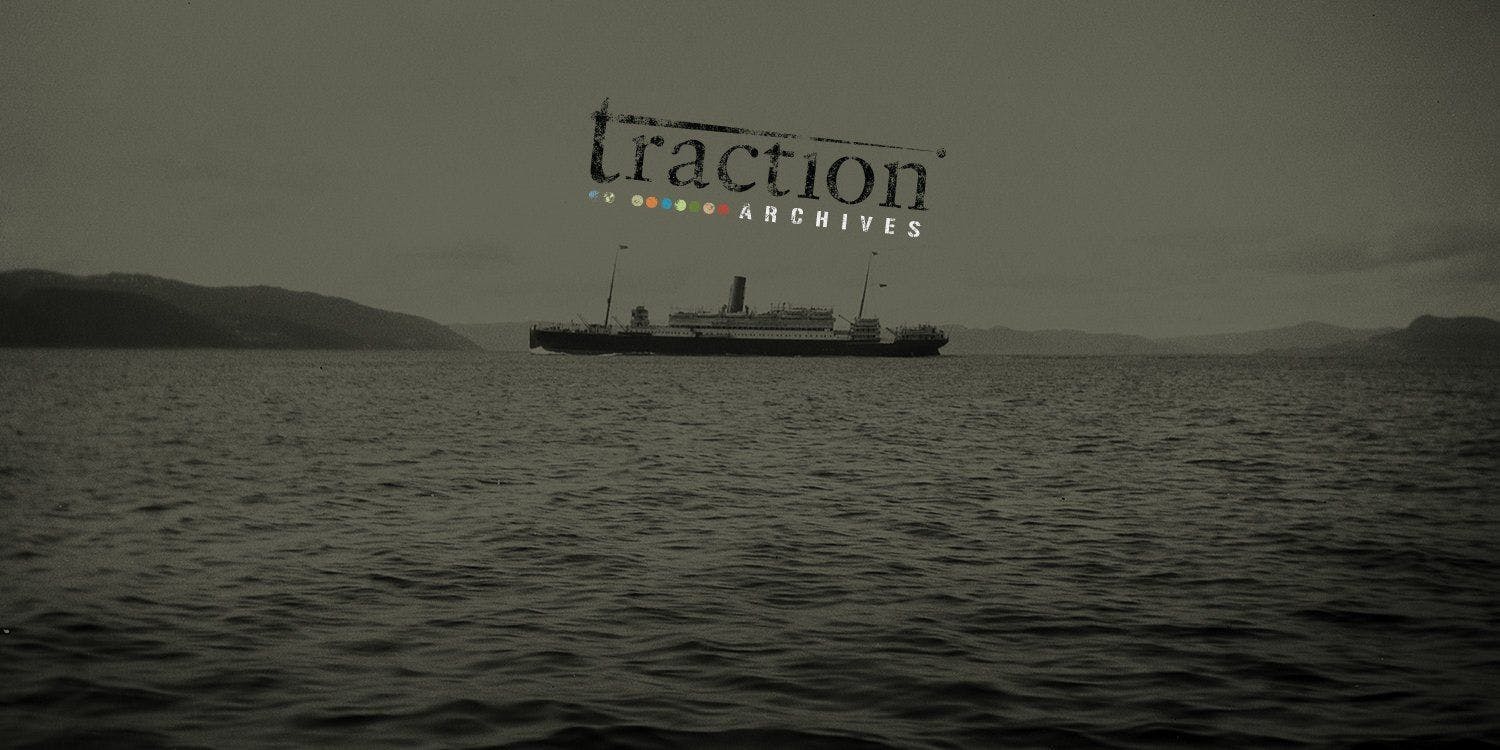Tethered Agency Compensation

By Adam Kleinberg
Last week I was invited to participate in a panel discussion held by the ANA on the topic of Agency Relations. A hot topic of conversation was performance-based compensation.
Thus far, there's no consistent model that's been adopted to address this.
I have a theory that I think could be a win-win solution for top advertising agencies and brands alike.
The audience at this event consisted primarily of procurement folks, brand managers and other marketers who are regularly tasked with hiring agencies. All of them seemed interested in finding a workable model for agencies to have some "skin in the game." Agencies, as well, would love to be compensated on the value of the work they create on behalf of brands rather than the hours they spend.
Any model, however, has to address the realities and concerns of both parties in order to gain traction .
My feeling is that the core issue that steers agencies away from embracing performance-based compensation models is fear that they will get miss out on rewards for their work based on factors outside of the realm of their control. After all, the creation of advertising is a collaborative effort. The agency develops ideas, but the client picks one. The agency refines ideas based on client feedback. And so on.
Ad agencies are reluctant to accept performance-based compensation because they fear a situation where they do their job really well, but they're held accountable for mistakes, bad judgement, delays or other factors outside of their control made by their clients.
The Tethered Compensation Model
Agencies fear being held responsible for issues their clients can control, but they can't. However, both parties see benefits of a model where agencies have skin in the game. And everyone benefits from effective collaboration.
The obvious result to me seems to be to tether client performance-based compensation to agency performance-based compensation. The client and agency are in it together and have a vested interest in making sure one another are successful.
What would be some of the potential outcomes of such a model:
- Clients would make sure their agencies had access to all the information they need to make the right recommendations
- Clients would work diligently to protect themselves and agencies from organizational delays that could prevent performance
- Agencies would be as discerning of their clients as clients are of their agencies—which would lead to better cultural fits and longer term partnerships
- Agencies would bring only the best ideas to the table instead of showing up with lousy work just to show how much work they had done
- Both clients and agencies would fight harder for ideas that break the mold and could reap huge rewards
To me a tethered model of performance-based compensation could eliminate many of the objections that currently exist to paying agencies based on value, not cost.
Of course, there are other details to be ironed out—agencies have to pay their people today, not next year; tethered clients would need to have the authority to make decisions on a meaningful level; etc.
However, I think this concept has quite a bit of merit. Do you? I'd love to know what you think, so please add your thoughts to the comments below.

Today, companies have a relentless focus on ROI that is turning brands into commodities. Measuring what we do is important, but more important is creating a brand experience for our customers.

I'm proud that Traction has been honored to work with some of the world's greatest brands and that publications have recognized us as one of the top agencies in the U.S.

You might not realize it, but Tai Chi is a martial art.
